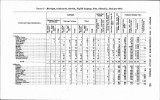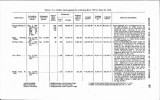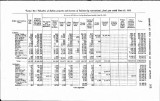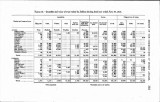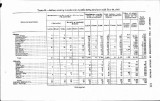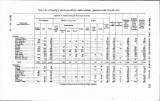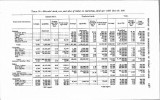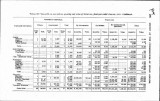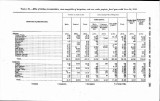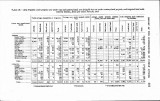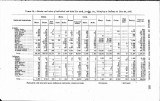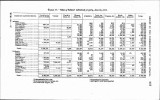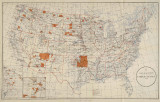| OCR Text |
Show 10 REPORT OF' THE COMMISSIONER OF INDIAN AFFAIRS. Fairs were held at Crow, Crow Creek, Fort Belknap, Fort Peck, Fort Totten, Lower Brul6, Nevada, Pima, P i e Ridge, Pala, Rose-bud, Standing Rock, San, Carlos, Soboba, Sac and Fox, Iowa, Santee, Siseton, San Juan, Tongue River, Cheyenne River, and Uimtah and Ouray in the fall of 1912. A joint fair for the four Cheyenne and Arapaho superintendencies in Oklahoma was held, and about 2,500 Indians visited the fair, where one of the special features was a health exhibit, with posters giving sanitary maxims, diagrams, etc. The Indians at Camp Verde, Fallon, Fort Lapwai, Western Navajo, Kiowa, Malki, Oneida, Pawnee, Rapid City, Red Lake, Sac and Fox, Iowa, Salt River, Siletz, San Xavier, Union, Uintah and Ouray, and White Earth had exhibits at the county and State fairs. Farmers' clubs have been organized at Malki, Siseton, Union, 'Fond du Lac, Oto, Potawatomi, Ponca, Standing Rock, Tongue River, Winnebago, and Yankton. A boys' corn club was started at Red Moon. An industrial workers' association was organized at Red Clii. Farmers' institutes for the discussion of agricultural and other topics of interest to the Indians were held at a number of places, principally at Potawa%omi, Union, and Sisseton. Many of the fairs are self-supporting, and a very gratifying feature has been the increased number of Indians taking part in county and State fairs. FARMING AND GRAZING LEASES. Under the act of Congress, dated June 25, 1910 (36 Stat. L., 855), I the allottees of lands held under trust patents are authorized to lease their allotments for a period not to exceed five years, under ~egula-tions prescribed by the department. Under these regulations allot-tees at various agencies have been classified as competent and non- 'competent, the cqmpetent Indians being permitted to transact the business incidental to making their own leases and collecting their own rentals. In the case of incompetent Indians, leases of lands are negotiated in the agency office and the rentals paid through the super-intendent. All leases made by Indians classified as competent are subject only to the approval of the superintendent. During the past year the privilege of negotiating their own leases was given to 1,198 Indians. LEASrNQ ON THE UINTAH AND OURAY RESERVATION. Under the laws of the State of Utah, in order to preserve the water rights, beneficial use must be made before the summer of 1919 of water to irrigate 78,000 acres of excellent agricultural land now under &tch on the Uintah and Ouray Reservation. In order to reclaito as much as possible of this land before the expiration of this time l i t , |






























































